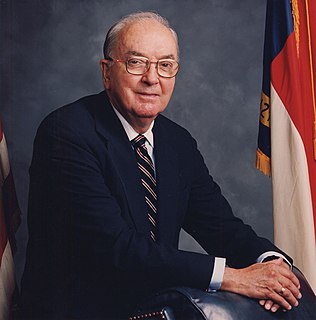A Quote by Gina Rinehart
The evidence is inarguable that Australia is becoming too expensive and too uncompetitive to do export-oriented business. Africans want to work, and its workers are willing to work for less than $2 per day. Such statistics make me worry for this country's future. We are becoming a high-cost and high-risk nation for investment.
Related Quotes
Scientists are telling us that 350 parts per million [of carbon] in the atmosphere is the upper limit. We're at 387 parts per million now, and we're up in that zone where the risk of going past irrevocable tipping points is elevated. It's no different than going to a doctor and learning your cholesterol is too high, and you're at risk for a heart attack. You have to work to lower your cholesterol and hope to get there before the heart attack comes.
The question is not about whether it will work or not. It's how quickly we can pull it off. Structural change will happen. When economies grow, there comes a time when you cannot rely on investment alone. We had that. The return on investment is becoming less and less. So we have to change. The old model doesn't work anymore. It's a question of speed.
We are compelled to work more hours per day, receive less pay per hour, pay more for what we buy, and recieve less for what we sell. The consequence is that we must work harder and more hours per day than we should, and in the end have less than what is due to us as our part of the advantages, conveniences and opportunities resulting from advancing civilization.
One of my strengths is I have a pretty even temperament. I don't get too high when it's high and I don't get too low when it's low. And what I found during the course of the presidency, and I suppose this is true in life, is that investments and work that you make back here sometimes take a little longer than the 24-hour news cycle to bear fruit.
I don't live in the city, I don't work in a high-risk environment, and I am not a smoker. So it was never anything that would occur to me that I would get lung cancer, but the more I have learned about lung cancer is that it is becoming much more random, and it is striking women who are under 50 and are non-smokers and not in a risk environment.
In the U.S. there are many people willing to work on $9 per hour, which is causing Tasmania to lose its famous apple industry and Australia to import more and more of its fruit and food from lower cost countries. In fact, all over Australia there are warning signs of us killing or restricting our own industries.
If you press-mold a pot or if you slab-build a pot, the work has got to take much, much, much longer than if you work on the wheel. And I to this day have the ideal that I want my work to be not too expensive, so that if people buy it and break it, it's not going to be the end of the world. I'm not interested in having things in museums, although some of our work has ended up there, but that's not what I'm striving for.
This relationship is the foundation for the argument, made by some trade unionists and labour advocates, that high wages can actually be "good for business". The precedent set by Henry Ford in 1914, who offered workers $5.00 per day (a very high wage at the time) so they could afford to buy the same cars they made, is often invoked.


































